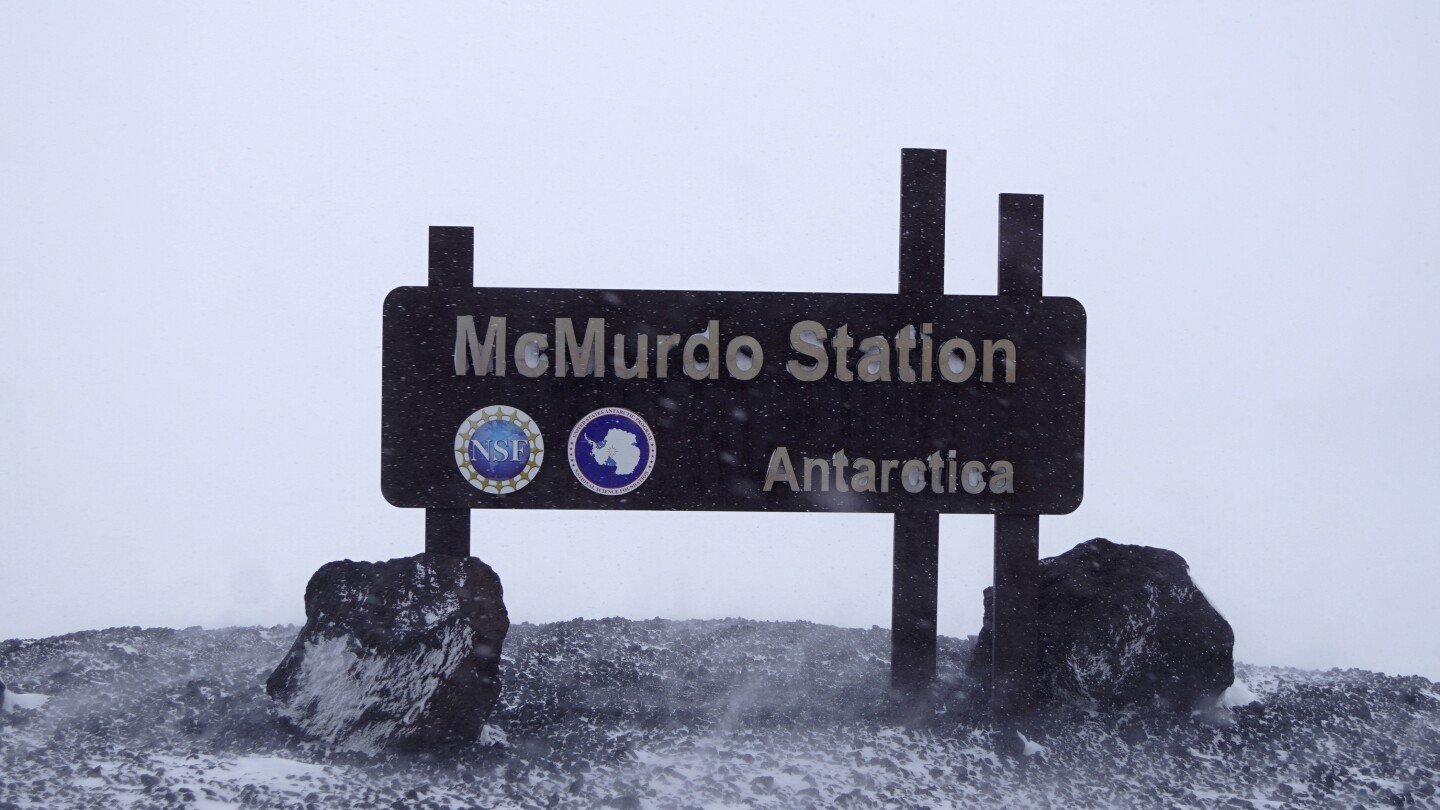The National Science Foundation, the federal agency that oversees the U.S. Antarctic Program, published a report in 2022 in which 59% of women said they’d experienced harassment or assault while on the ice, and 72% of women said such behavior was a problem in Antarctica.
But the problem goes beyond the harassment, The Associated Press found. In reviewing court records and internal communications, and in interviews with more than a dozen current and former employees, the AP uncovered a pattern of women who said their claims of harassment or assault were minimized by their employers, often leading to them or others being put in further danger.



Yes, it is. On a long mission, even a few kg can have big differences in fuel consumption. Also the mean difference of reaction times between men and women is around 20-30ms, which is miniscule. Idk about the differences in resistance to space, but I highly doubt that men are significantly more resistant than women.
I’m not saying men are better than women in those aspects. I’m saying a very limited amount of people, both men and women, have the physical and mental fortitude to withstand a space mission, and there is virtually never going to be a situation where two people have the exact same qualifications and weight has to be the “tiebreaker”. It’s pretty much a non-factor.
Why is 20-30ms “miniscule”, but “a few kgs” compared to the weight of a fucking spacecraft isn’t?
Milliseconds and kilograms are worlds apart in magnitude (e.g. the difference between 1000 seconds (kilosecond… kinda) and 0.001 seconds (1 millisecond)). Secondly, the benefits of having 20 to 30 ms in reaction time is far less than the benefits of having less weight, even though a few kg and a few ms are not really that impactful. Weight directly increases fuel consumption, but reaction time would come into effect, as far as I know, in emergencies. Of course it’s important to have a good reaction time at a time like that, but I’m pretty sure 20-30ms on average slower reactions isn’t going to crash a spaceship. And if it does I would put that to faulty design or bad luck than the crew being 30ms late. Weight, however, would increase the fuel consumption in every step of the way, especially the launch stages. That limits the amount of fuel, components or resources on the ship. Few kg sure aren’t much, but each kg might be a kg away from fuel, food, air or water the ship can handle. That of course depends a bit on the type of mission and spacecraft, as in space each kg affects less than on earth.
I would assume a manned mission would have larger tolerances due to the unpredictability of humans and to ensure their safety